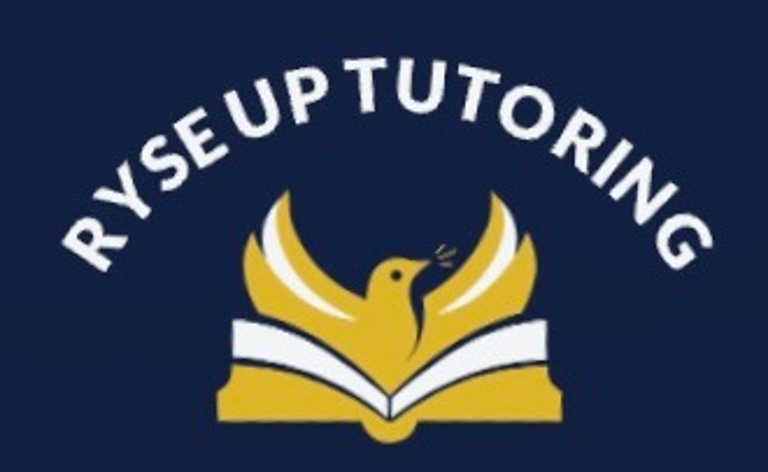How Education Shapes Future Careers
2 min read
Education plays a pivotal role in shaping future careers, providing foundational knowledge, skills, and opportunities that influence professional paths. Let's explore how education impacts careers and shapes individuals' success in their chosen fields.
Building Essential Skills and Knowledge
Academic Foundations:
Education equips individuals with fundamental skills in literacy, numeracy, and critical thinking. These skills form the basis for further learning and problem-solving in any career.
Specialized Knowledge:
Higher education offers specialized knowledge in fields such as engineering, medicine, law, and business. This expertise is crucial for performing specific roles and advancing within industries.
Technical Proficiency:
Vocational and technical education provides hands-on training and certifications in trades, IT, healthcare, and other fields. These skills are directly applicable to job roles and contribute to career readiness.
Career Opportunities and Advancement
Credentials and Qualifications:
Educational credentials, such as degrees, certifications, and licenses, validate individuals' qualifications for specific professions. They enhance employability and open doors to career opportunities.
Networking and Connections:
Educational institutions foster networks with peers, mentors, and professionals. Networking can lead to job referrals, partnerships, and mentorship that accelerate career growth.
Career Development Resources:
Colleges and universities provide career services, workshops, and internships that help students explore career paths, develop resumes, and prepare for job interviews. These resources facilitate smooth transitions into the workforce.
Developing Transferable Skills
Communication and Collaboration:
Education cultivates interpersonal skills, teamwork, and effective communication. These skills are vital in diverse work environments and contribute to professional success.
Adaptability and Problem-Solving:
Through education, individuals learn to adapt to changing circumstances, think critically, and solve complex problems. These abilities are valued across industries and enhance career resilience.
Leadership and Initiative:
Education encourages leadership qualities, initiative, and innovation. These traits empower individuals to take on leadership roles, drive organizational change, and pursue entrepreneurial ventures.
Lifelong Learning and Career Adaptation
Continuous Professional Development:
Education instills a mindset of lifelong learning and professional development. Continuous learning allows individuals to stay updated with industry trends, acquire new skills, and remain competitive in evolving job markets.
Career Transition and Upskilling:
Education supports career transitions and upskilling efforts. Individuals can pursue further education, certifications, or retraining programs to pivot into new fields or advance within their current professions.
Career Satisfaction and Fulfillment:
Education aligns individuals' interests, values, and strengths with career paths that offer fulfillment and personal satisfaction. It enables them to pursue meaningful work and achieve professional goals.
Overall, education serves as a transformative force that shapes individuals' career trajectories, equipping them with essential skills, knowledge, and opportunities for personal and professional growth. By investing in education, individuals enhance their employability, expand career prospects, and contribute to their industries and communities. Education not only prepares individuals for jobs but also empowers them to create impactful careers that align with their aspirations and contribute to societal progress.
